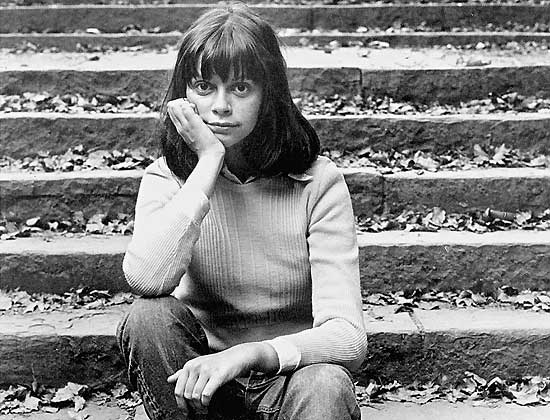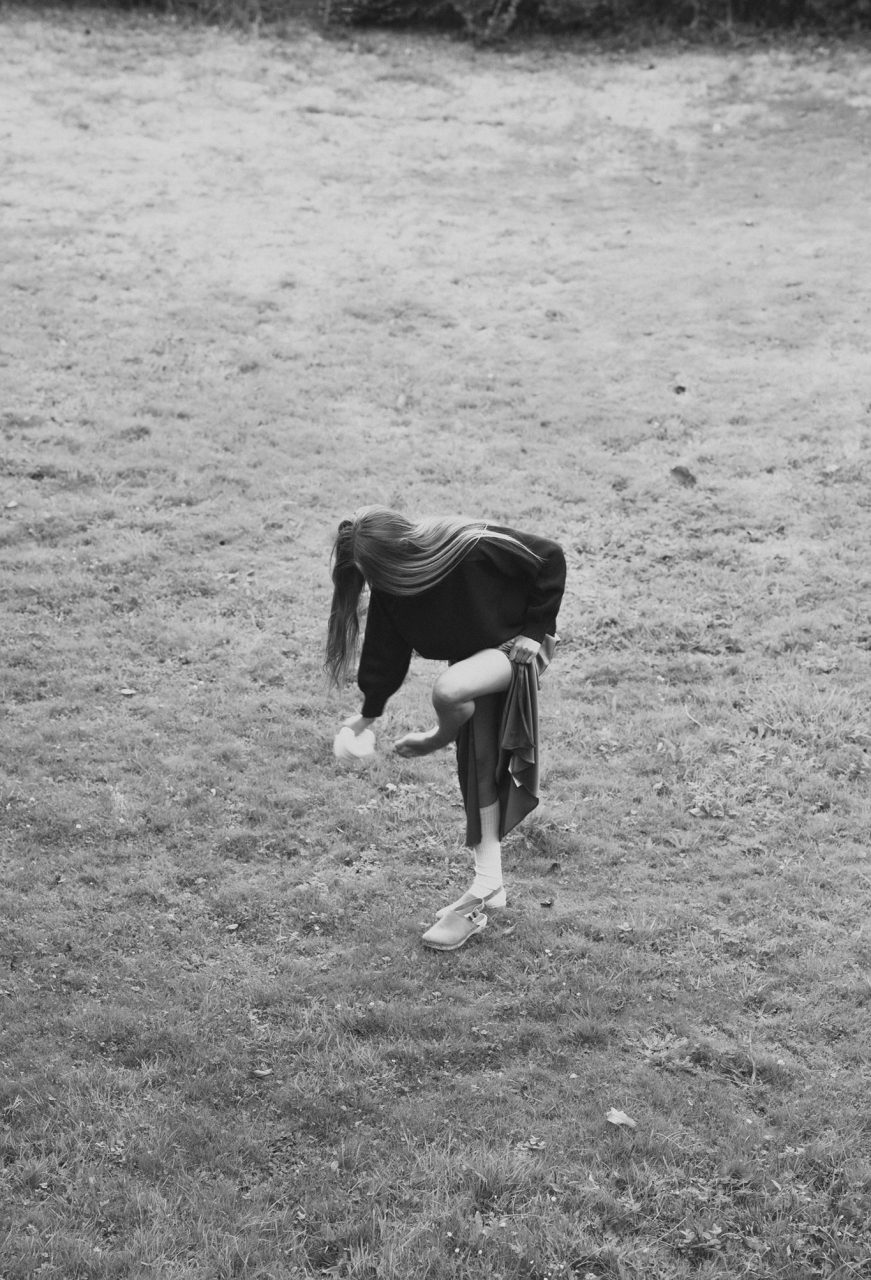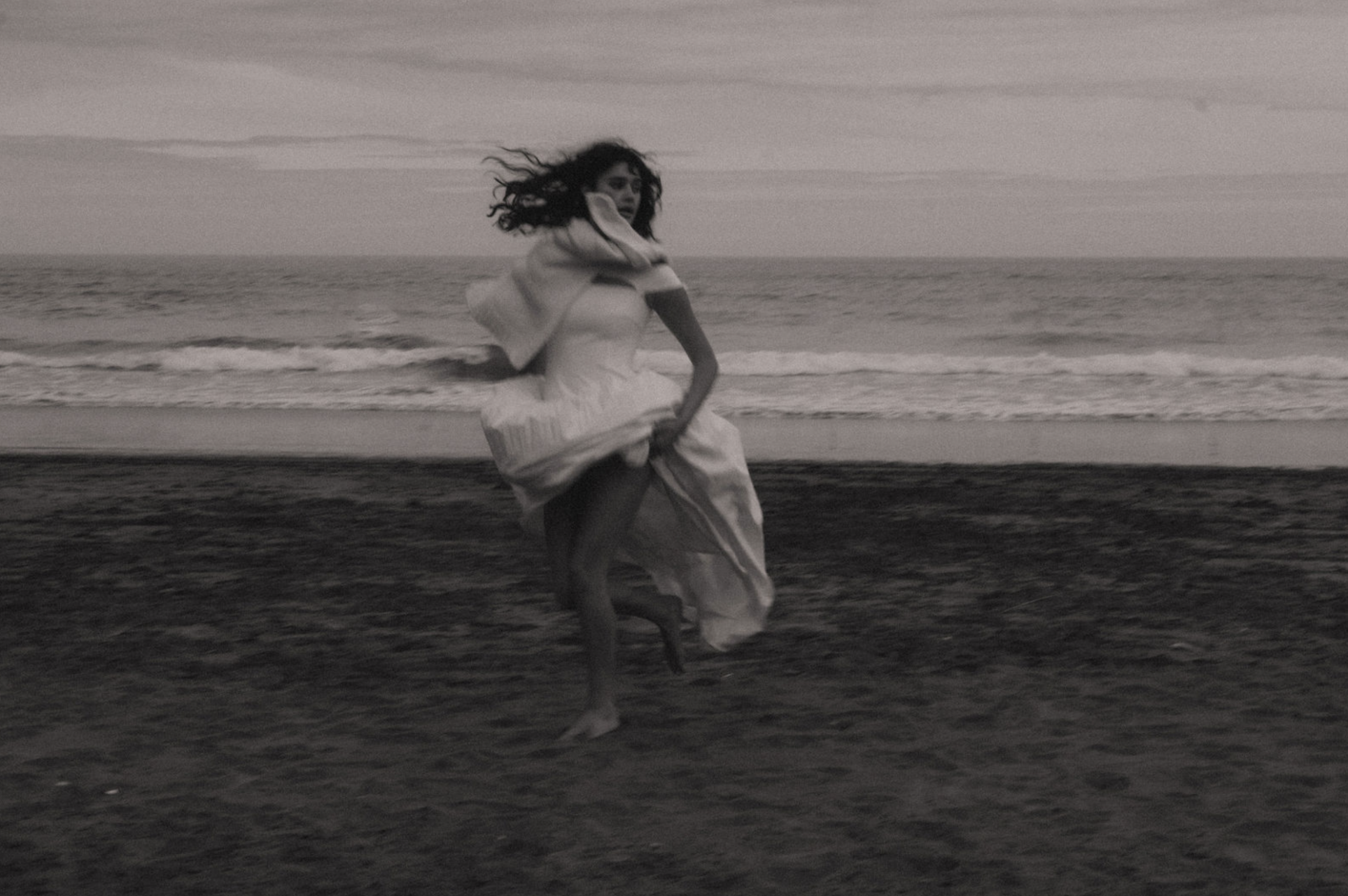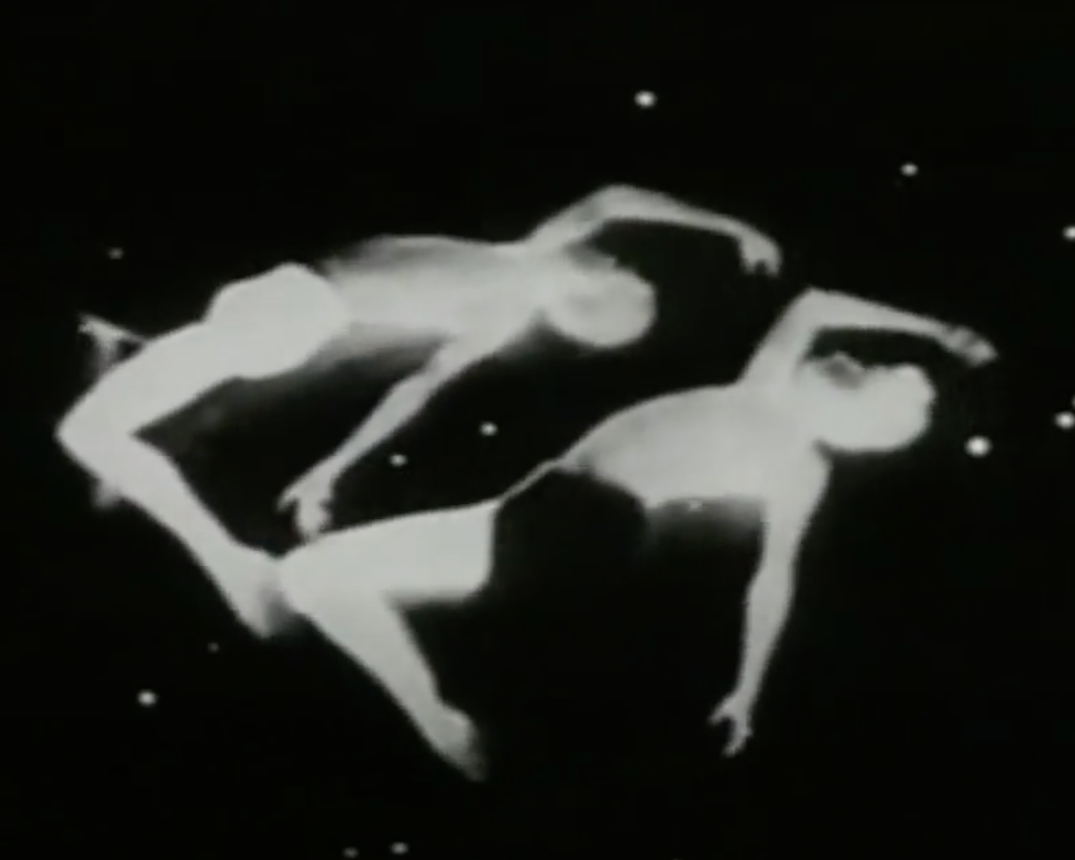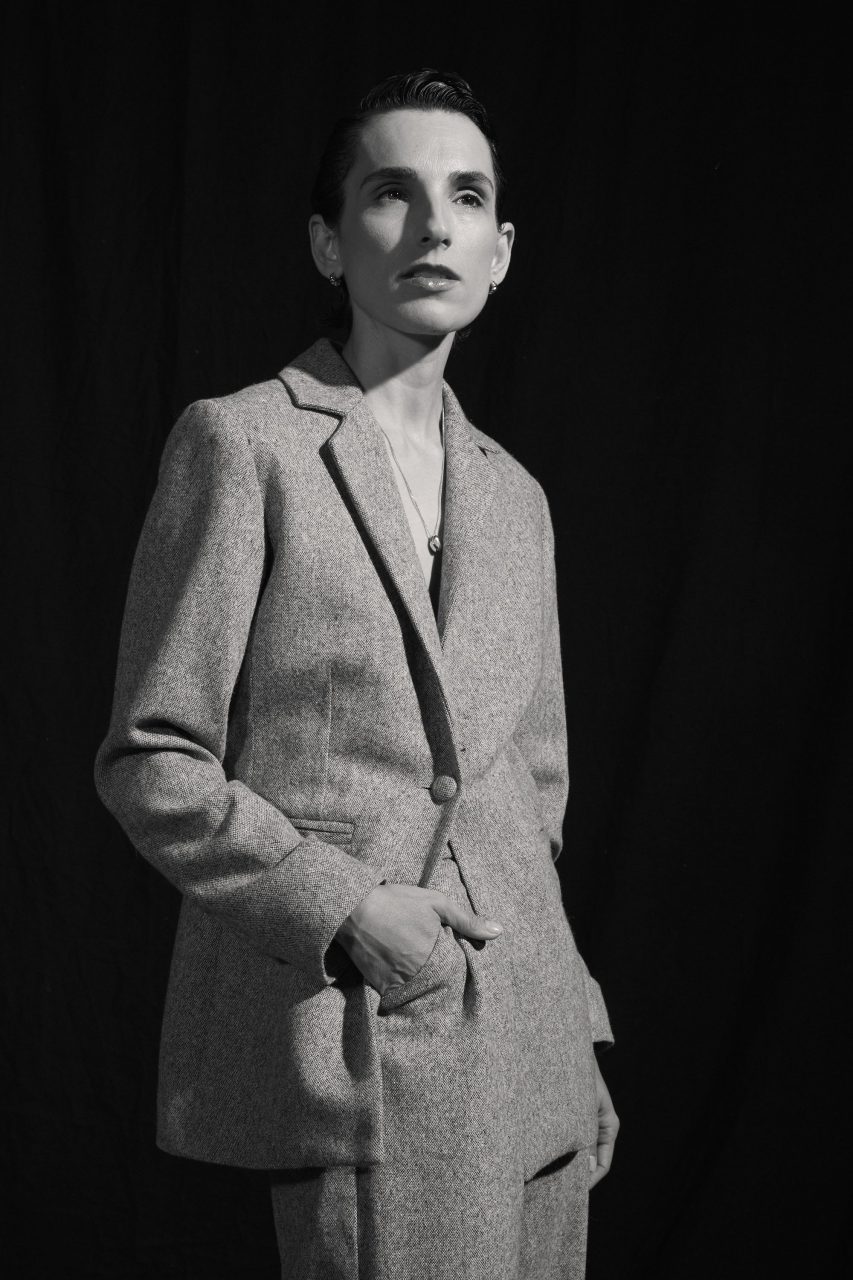Monday’s Muse: Joyce Maynard
American author Joyce Maynard wrote this article for the New York Times Magazine in 1972, during what turned out to be her one and only year at college. Originally published April 23, 1972, the following is a portion of the original column…
—————-
Every generation thinks it’s special – my grandparents because they remember horses and buggies, my parents because of the Depression. The over-30’s are special because they knew the Red Scare of Korea, Chuck Berry and beatniks. My older sister is special because she belonged to the first generation of teen-agers (before that, people in their teens were adolescents), when being a teen-ager was still fun. And I – I am 18, caught in the middle. Mine is the generation of unfulfilled expectations. “When you’re older,” my mother promised, “you can wear lipstick.” But when the time came, of course, lipstick wasn’t being worn. “When we’re big, we’ll dance like that, ” my friends and I whispered, watching Chubby Checker twist on “American Bandstand.” But we inherited no dance steps, ours was a limp, formless shrug to watered-down music that rarely made the feet tap. “Just wait till we can vote,” I said, bursting with 10-year-old fervor, ready to fast, freeze, march and die for peace and freedom as Joan Baez, barefoot, sang “We Shall Overcome.” Well, now we can vote, and we’re old enough to attend rallies and knock on doors and wave placards, and suddenly it doesn’t seem to matter any more.
My generation is special because of what we missed rather than what we got, because in a certain sense we are the first and the last. The first to take technology for granted. (What was a space shot to us, except an hour cut from Social Studies to gather before a TV in the gym as Cape Canaveral counted down?) The first to grow up with TV. My sister was 8 when we got our set, so to her it seemed magic and always somewhat foreign. She had known books already and would never really replace them. But for me, the TV set was, like the kitchen sink and the telephone, a fact of life.
We inherited a previous generation’s hand-me-downs and took in the seams, turned up the hems, to make our new fashions. We took drugs from the college kids and made them a high-school commonplace. We got the Beatles, but not those lovable look-alikes in matching suits with barber cuts and songs that made you want to cry. They came to us like a bad joke – aged, bearded, discordant. And we inherited the Vietnam war just after the crest of the wave – too late to burn draft cards and too early not to be drafted. The boys of 1953 – my year – will be the last to go.
So where are we now? Generalizing is dangerous. Call us the apathetic generation and we will become that. Say times are changing, nobody cares about prom queens and getting into the college of his choice any more – say that (because it sounds good, it indicates a trend, gives as symmetry to history) and you make a movement and a unit out of a generation unified only in its common fragmentation. If there is a reason why we are where we are, it comes from where we have been.
Like overanxious patients in analysis, we treasure the traumas of our childhood. Ours was more traumatic than most. The Kennedy assassination has become our myth: Talk to us for an evening or two – about movies or summer jobs or Nixon’s trip to China or the weather – and the subject will come up (“Where were you when you heard?”), as if having lived through Jackie and the red roses, John-John’s salute and Oswald’s on-camera murder justifies our disenchantment.
We haven’t all emerged the same, of course, because our lives were lived in high-school corridors and drive-in hamburger joints as well as in the pages of Time and Life, and the images on the TV screen. National events and personal memory blur so that, for me, Nov. 22, 1963, was a birthday party that had to be called off and Armstrong’s moonwalk was my first full can of beer. If you want to know who we are now; if you wonder how we’ll vote, or whether we will, or whether, 10 years from now, we’ll end up just like all those other generations that thought they were special – with 2.2 kids and a house in Connecticut – if that’s what you’re wondering, look to the past because, whether we should blame it or not, we do.
—————-
Thirty years on from when this piece was written, Maynard reflects, “I want to add that thirty years later, I would never presume to speak, as I did in this early work, for “my generation”. More and more, I have come to believe, the only person I can speak of with true authority is my own self.”

